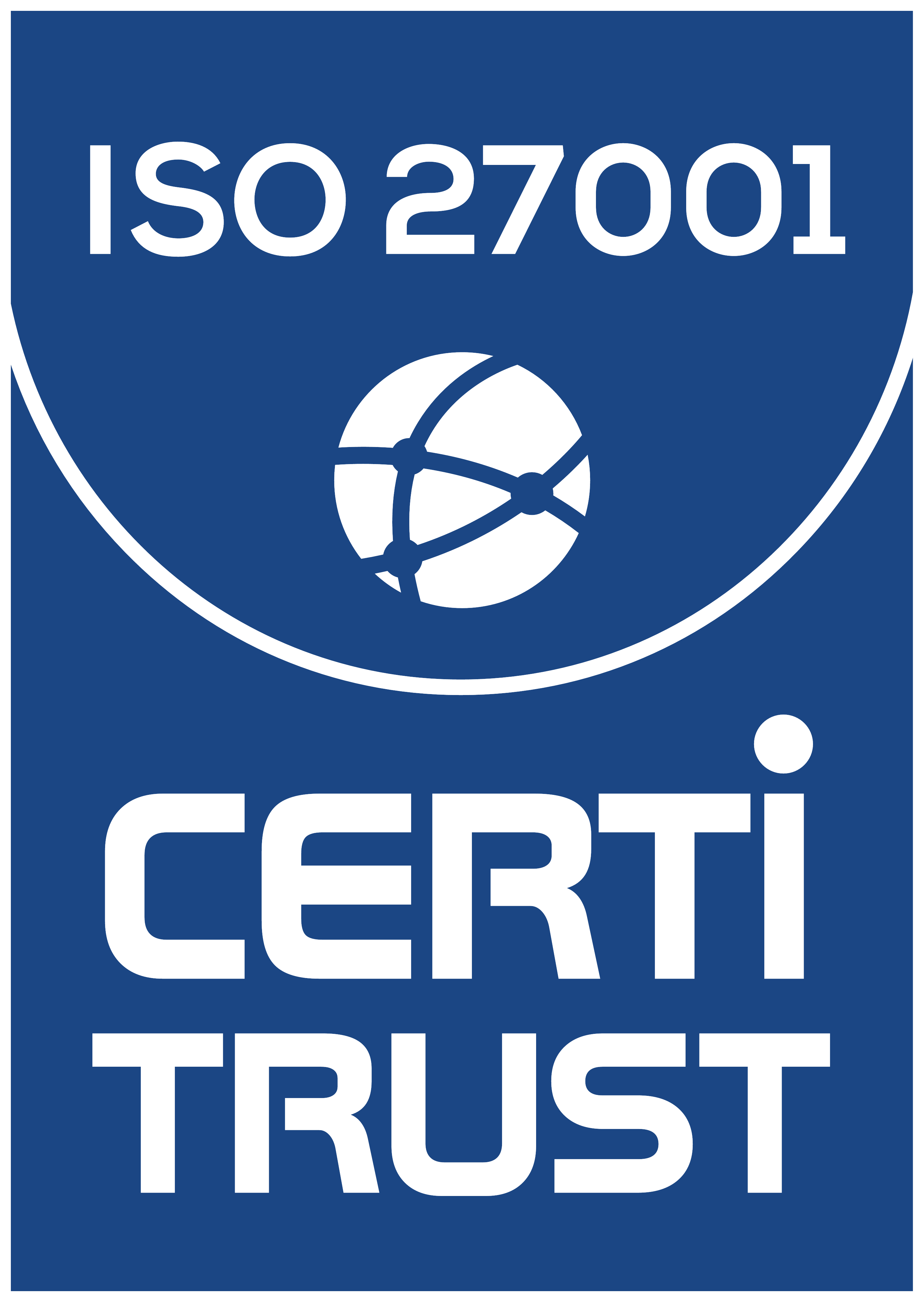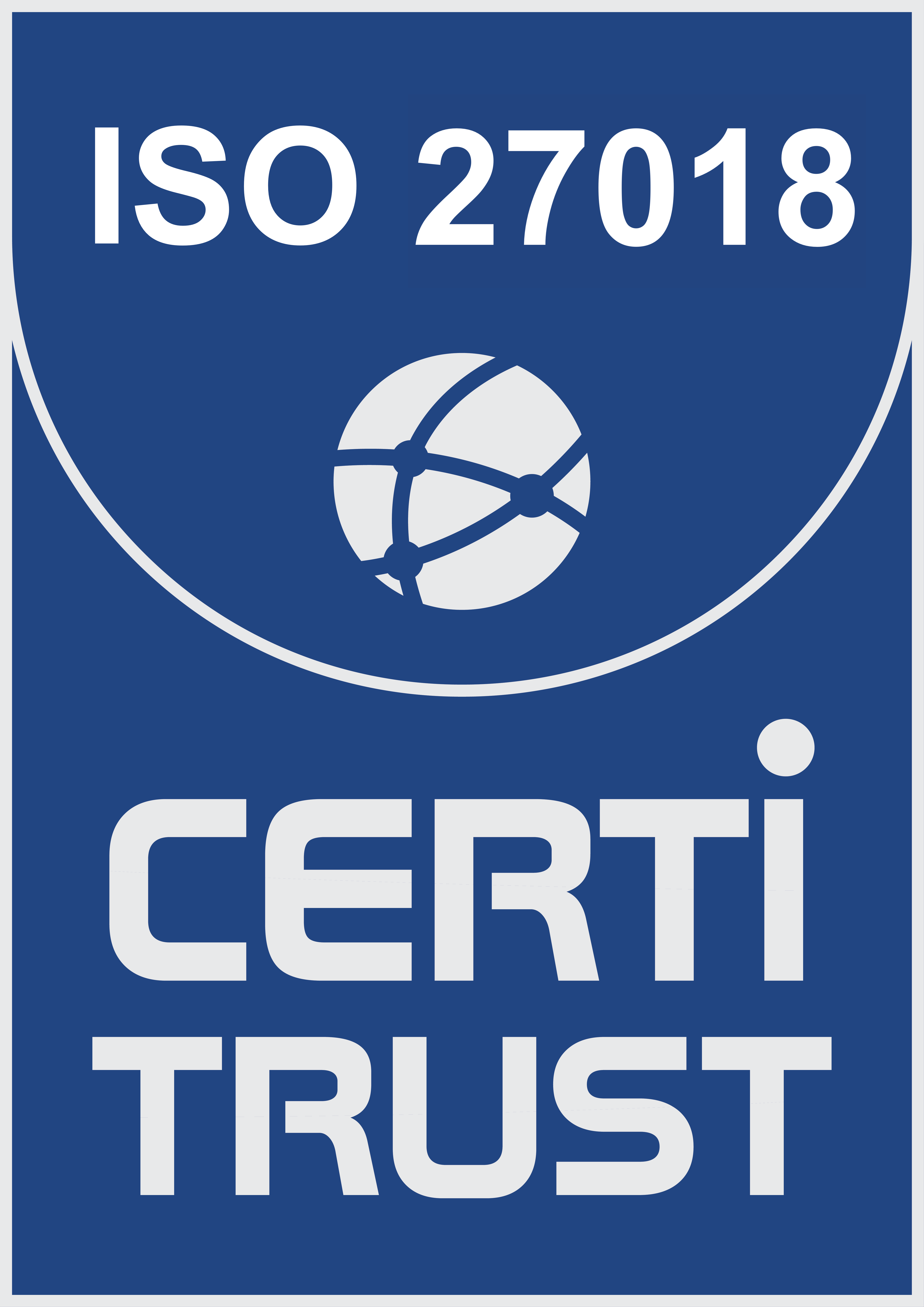From multisectoral compliance(s) to “one” compliance
April 12, 2022
Today’s CEOs and Board of Directors’ concern is to ensure their company is globally compliant. They want to be sure that it complies with all applicable laws in every country of operation. They also want to make sure that emerging social expectations are identified early and dealt with correctly. In other words, they want the risk of non-compliance, whatever it may be and wherever it may occur, to be properly addressed.
I consider this to be a new and difficult challenge for legal and compliance officers!
I remember, 30 years ago, compliance emerged in the financial sector to address money laundering issues when the OECD-based Financial Action Task Force was created in 1989, to elaborate recommendations aimed at preventing money laundering. Financial organizations were the first to implement compliance procedures to respond to new legal obligations. A decade later, heavy financial sanctions for non-competitive practices prompted companies to develop compliance trainings and controls to prevent unlawful commercial agreements. During the same period, the enforcement of the OECD Anti-bribery Convention led to heavy sanctions: high penalties, debarment, expensive compliance monitoring… to which companies responded by creating strong anti-corruption departments. Approximately at the same time, embargoes, used as diplomatic weapons, forced companies to develop compliance processes to monitor exports operations. And, finally, the last years saw a range of public concerns regarding data privacy, and various data protection laws were passed in many countries, forcing companies to abide by specific compliance rules. We can also mention other sectors such as environment related legislations or new health and security obligations.
Over the years, I observed that the compliance officer is expected to be a “multi-faceted” compliance officer!
This multi-faceted compliance officer not only has to ensure that his company complies with all kinds of legislations in every country of operation, but he also has the duty to identify emerging public expectations and prepare his company to appropriately respond to them. Among the emerging social issues, one can mention those related to harassment, discrimination, women empowerment… In few countries, these social expectations have already been translated into pieces of law to which companies have to now comply with.
CEOs and Board of Directors are no longer expecting their company to have an anti-corruption compliance department, or an export control compliance unit, or an anti-trust compliance program…they expect the legal and compliance officer to ensure that the company abide everywhere by all its compliance obligations. In other words, for CEOs and Board of Directors, compliance has become a global risk among many others such as economic risk, financial risk, reputation risk, operational risk…
This trend is clearly illustrated by the fact that the most advanced companies in terms of compliance have changed the title of their compliance officer, who are now often referred to as “Chief Ethics, Risk and Compliance Officer” and often nominated as Member of their Executive Committee.
To ensure the global compliance obligations of a company in every country, the Chief Ethics Risk and Compliance Officer needs to monitor a great number of processes, while making sure that each one is consistent with the specificities of the countries of operation.
Data mining procedures, automated processes, and artificial intelligence tools are becoming essential resources to ensure both the efficiency and consistency of multi-faceted compliance programs. Today, there is no up-to-date compliance which is not based on digital solutions, in one way or another.
You might also be interested in







